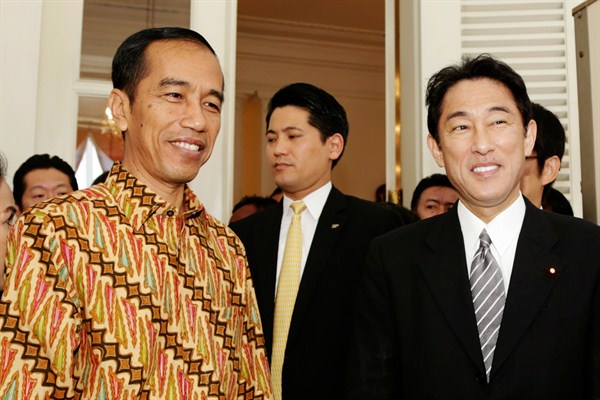By Aug. 24, Indonesia’s Constitutional Court must deliver a ruling on the legal challenge mounted by presidential contender Prabowo Subianto to last month’s hotly contested and highly polarized election. Prabowo has questioned the legitimacy of the poll, in which Jakarta’s governor, Joko Widodo—or Jokowi as he is popularly known—was declared the winner with 53.15 percent of the vote. It is widely anticipated that the Constitutional Court will rule against Prabowo and uphold Jokowi’s victory. If so, Jokowi would be sworn in on Oct. 20 as the seventh president of the world’s third-largest democracy and most populous Muslim country.
A former furniture exporter born in a riverbank slum in Java and a self-described heavy-metal aficionado, Jokowi campaigned as the proverbial “everyman” who rolls up his sleeves and gets down to work. That endeared him to the poor, the working class and civil society, which was pivotal in ushering him into power. Given their central role in his campaign, civil society groups’ expectations run high that a Jokowi presidency will marked by transparency, accountability, rule of law and respect for human rights. But it remains to be seen if he can deliver on all that, given Indonesia’s notoriously fractious coalition politics, decentralized Kafkaesque bureaucracy and messy political infrastructure. With expectations so high, will Indonesian civil society be delighted or disappointed by Jokowi’s performance over the next five years?
Despite Probawo’s objections, the election, by most accounts, was largely free and fair and clean. Leading up to the election, the predictions of political pundits and other observers were a variation on one central theme: Indonesia was “at a crossroads” and the road it took would determine its future democratic trajectory and viability. This was Indonesia’s moment of post-Suharto reckoning.

